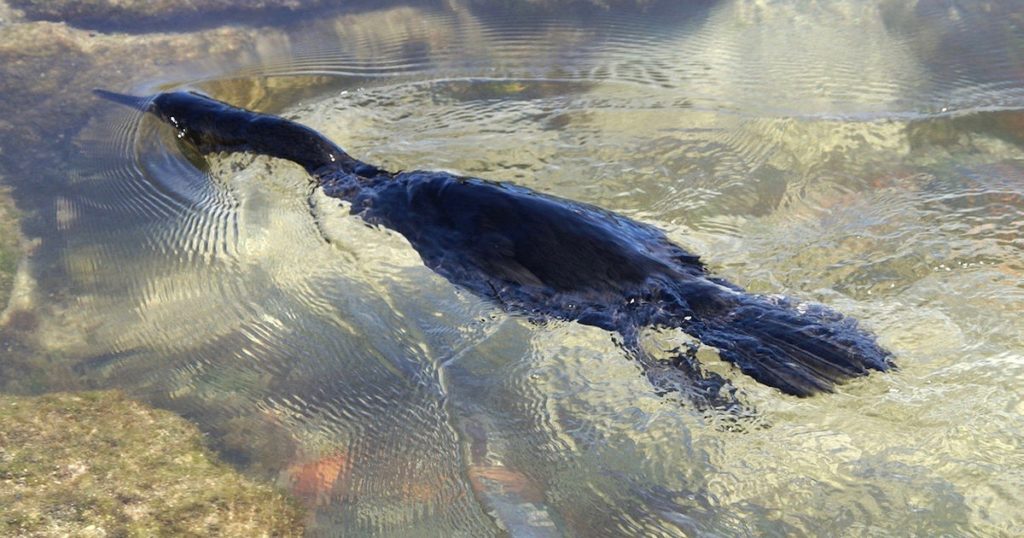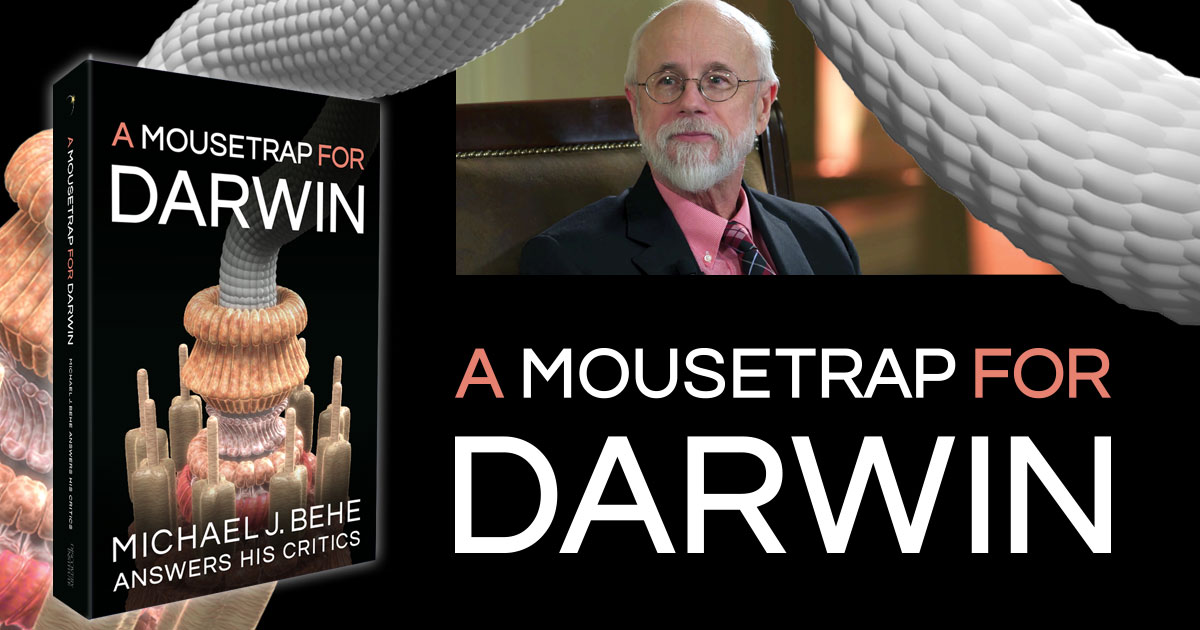 Evolution
Evolution
Michael Behe: Evolution by Devolution

On a classic ID the Future episode, Lehigh University biochemist Michael Behe discusses a peer-reviewed scientific paper he contributed to The Quarterly Review of Biology. Behe explains why most examples of evolution in bacteria and viruses entail loss or modification of function rather than gain of a new function at the molecular level. In his view, this poses a challenge to Darwinian explanations of molecular evolution. Download the podcast or listen to it here.
Darwinian evolution is supposed to explain how new forms and functions arose in the history of life, but when we study the process at the molecular level, we find evolution creating niche advantages not by building anything fundamentally new, but by throwing one or more things overboard. An example of this devolutionary process on a showier scale? Flightless island birds, devolved from birds that could fly. For more on Behe’s scientific criticisms of modern evolutionary theory, see his newest book, A Mousetrap for Darwin: Michael J. Behe Answers His Critics.

